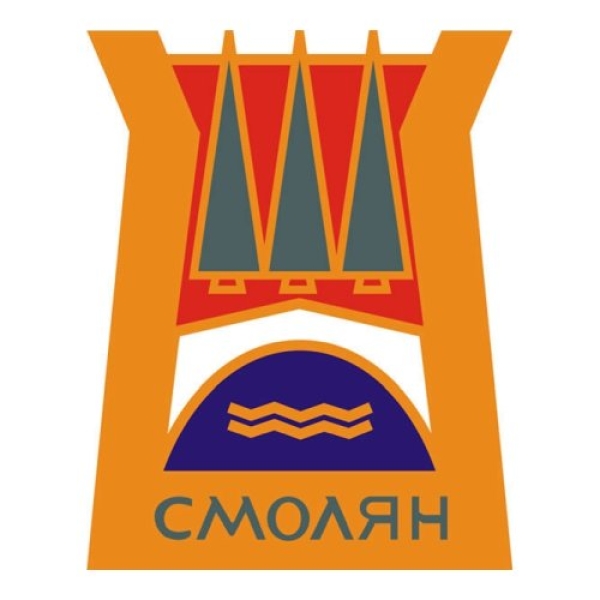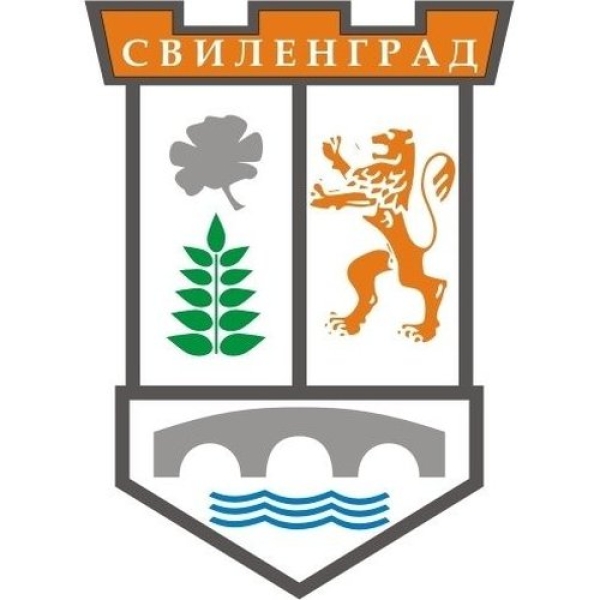PARTNER - NORWEGIAN UNIVERSITY OF SCIENCE AND TECHNOLOGY (NTNU)
Budget: BGN 54,303.84
The Norwegian University of Science and Technology (NTNU) - Faculty of Architecture and Design - a university with an international focus, with headquarters in Trondheim and campuses in Ålesund and Jøvik. NTNU is the largest university in Norway, with 14 faculties and 70 departments and departments, and has more than 39,000 students. NTNU is currently involved in 92 EU projects, of which it is the coordinator in 26 (28%).
The partner, with its expertise and experience in the development and implementation of sustainable development and climate adaptation measures, will contribute to the transfer of knowledge and leading practice from the donor country to achieve sustainable urban ecosystems that have zero emissions and work to achieve 100% renewable energy cities by 2030. Targeted efforts to achieve a positive energy balance in cities make a decisive contribution to achieving Europe's climate and energy goals. The partner will participate in the development of the training program for local government representatives on how to plan and implement climate change adaptation measures, to implement the learning-knowledge-action process in local government. In the process of implementing the project, the partner will be involved with two representatives who will carry out the coordination of the exchange of experience activities from the Norwegian side. The partner will participate in the regular online meetings for the organization and management of the project. His contribution will mainly be to provide methodical support in carrying out the activities to increase the qualification and administrative capacity of the employees in the local administration, actively assisting in the self-assessment process and in the preparation of the training program, as well as preparing information about Norway's way of working. Thanks to the partnership, Bulgarian municipalities will have the opportunity to gain knowledge and access to various tools for implementing municipal decisions, as well as to get to know and join platforms and networks for exchanging experience with other municipalities in Europe, improve their skills in development of projects for the implementation of measures, to get opportunities to create new partnerships that will support them in their future work in the planning and implementation of municipal plans and programs. NUNT has exceptional knowledge and contribution to the initiative and concept of creating Positive Energy Regions in Europe, in line with the set goal of Europe being a global role model in the energy transition. This suggests a significant advance of building-level innovation to transform cities with the innovative concept of PER (PED). The EU's Strategic Energy Technology Plan (SET Plan) sets the target of creating 100 Positive Energy Regions in Europe by 2025. The knowledge and skills needed for the planning and design, implementation and monitoring, as well as replication and integration of Positive Energy Regions are increasingly there is more to come and local authorities have a key role in this process. In this sense, the partnership with NUNT will give the Bulgarian partners the opportunity to familiarize themselves in detail with the concept of PER(PED) and what is needed to achieve this goal.
 EN
EN







